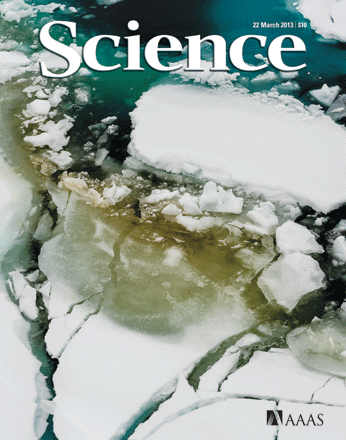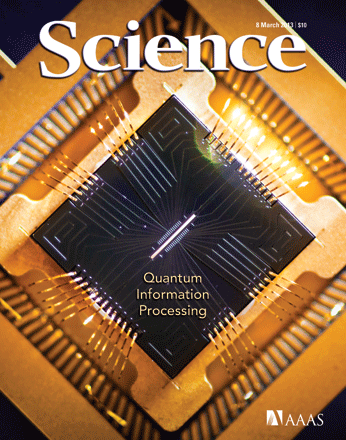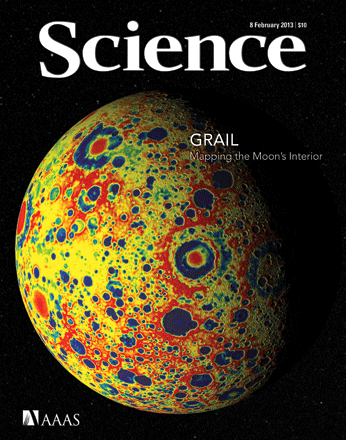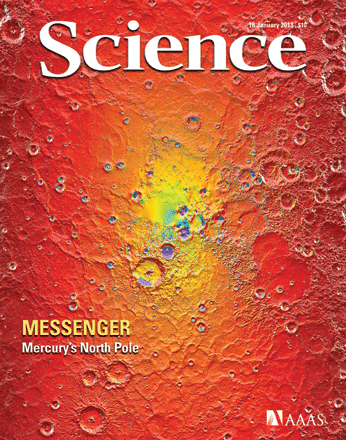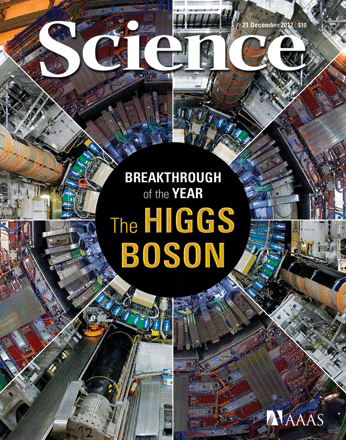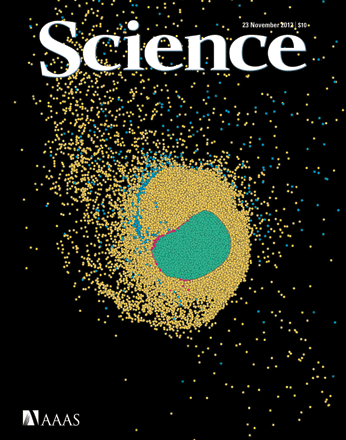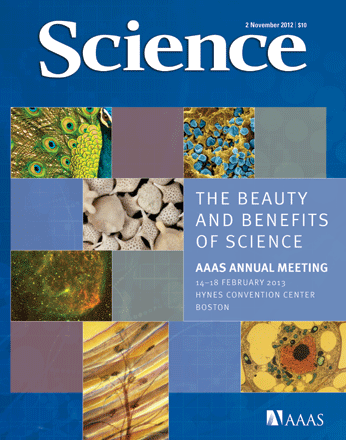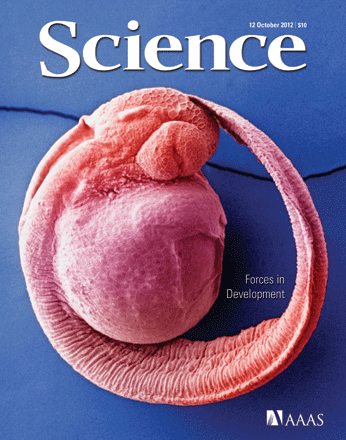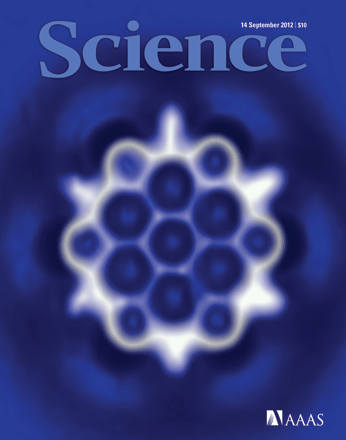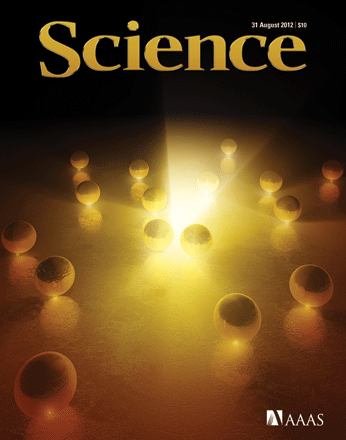Editors' Choice
Editors' Choice Results
Editors' Choice features short summaries of recent research in science education.
The development of higher-order cognitive skills (HOCSs) is central to recent education reform efforts, yet data indicate that few courses are able to successfully assess these skills.
One argument in favor of inquiry-based instruction is that it provides students with a sense of ownership over their learning.
Most science students receive their math instruction through the math department.
Scientific literacy, a skill needed beyond the classroom, is being integrated into general education curriculums, resulting in a need to assess students as they develop scientific literacy skills.
Are the Common Core State Standards for Mathematics (CCSSM), which are about to be implemented in the United States, high-quality standards that are internationally competitive?
Measuring teacher quality is a contentious topic; everyone agrees it should be done, but few can agree on how best to do it.
Supported by data showing that U.S. students perform substantially below their international peers, politicians justify their education policies by linking them to the need to be competitive in a global economy.
If we are to increase the number of women in science, technology, engineering, math, and medicine (STEMM), it is imperative to increase the number of women in STEMM leadership roles.
Recent emphasis on improving science education has led to the development of high-quality research-based instructional strategies (RBISs).
Ironically, educators themselves hold misconceptions on how best to deal with their students’ preexisting ideas.

